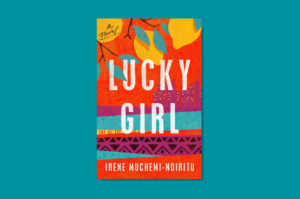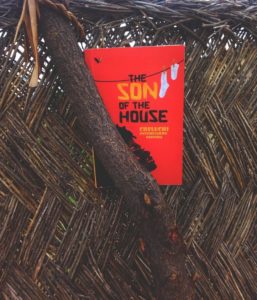No need for a pen when reading Colm Toibin’s Brooklyn. There are no memorable lines. There are mostly characters memorable in their own very different ways, moving about in the story so nimbly and charmingly that the pages turn with the slightest of effort. Brooklyn is not the typical Johnny-goes-to-the-city story. It is the story of Eilis Lacey, a small-town dork, and her journey to Brooklyn and the uncertain world of budding femininity.
Eilis’s home, Enniscorthy, is a beautiful Irish town but has little or nothing to offer her. But she has a head for numbers, bookkeeping and that kind of stuff and maybe this gift would bring her better luck in Brooklyn. On the other side of the turbulent and sickening sea, there is New York in the 50s. Singing in The Rain is fresh off the Box Office. Nylon stockings are the accessories to die for. Baseball is the God of sports and the Brooklyn Dodgers are its mythic mercenaries. The winter is bitingly cold, and, of course, there are good looking Italian-American men all over the place just waiting, maybe, even begging to be courted.
Brooklyn is a beautiful book. The uncertain ease with which homes are often abandoned and the pain that makes falling in love so much sweeter crystallize in this tale of loss, love and discovery. Brooklyn is what happens when love and the city conspire to play tricks on your heart, making it impossible to escape the guilt and regret of having to choose between two lovers and between two homes.
Like all good characters, Eilis grows in leaps and bounds but in an ever so imperceptible manner. That way, she continues to surprise the reader all through the different stages of her development. She is admirable in the modest and effortless manner in which she powerfully recommends herself to the reader. She talks very little. Writes abundantly. And thinks deeply not in the boring psychological kind of way but more in an oldschool, nuanced, heartfelt, and intelligent sort of way. Eilis’s subtlety is set against characters who are striking because they are everything Eilis is not: self-promoting, presumptuous, talkative, flamboyant, capricious, loud and witty. But somehow, through Toibin’s Austenian stroke of the pen, Eilis’s elegant passivity and trenchant introspection manage to shine through to confidently command the life of the story.









Haunting Portrait Of Mary, History’s Most Famous Mother | Brittle Paper October 25, 2012 00:02
[...] of Mary and is a petite size of only 96 pages. Toibin is one of my favorite contemporary novelists. I still can’t forget how his 50s coming of age story, Brooklyn, got me weeping like a lost chi... This new novel sounds so intuitive. You’d think someone would have long written a novel about [...]